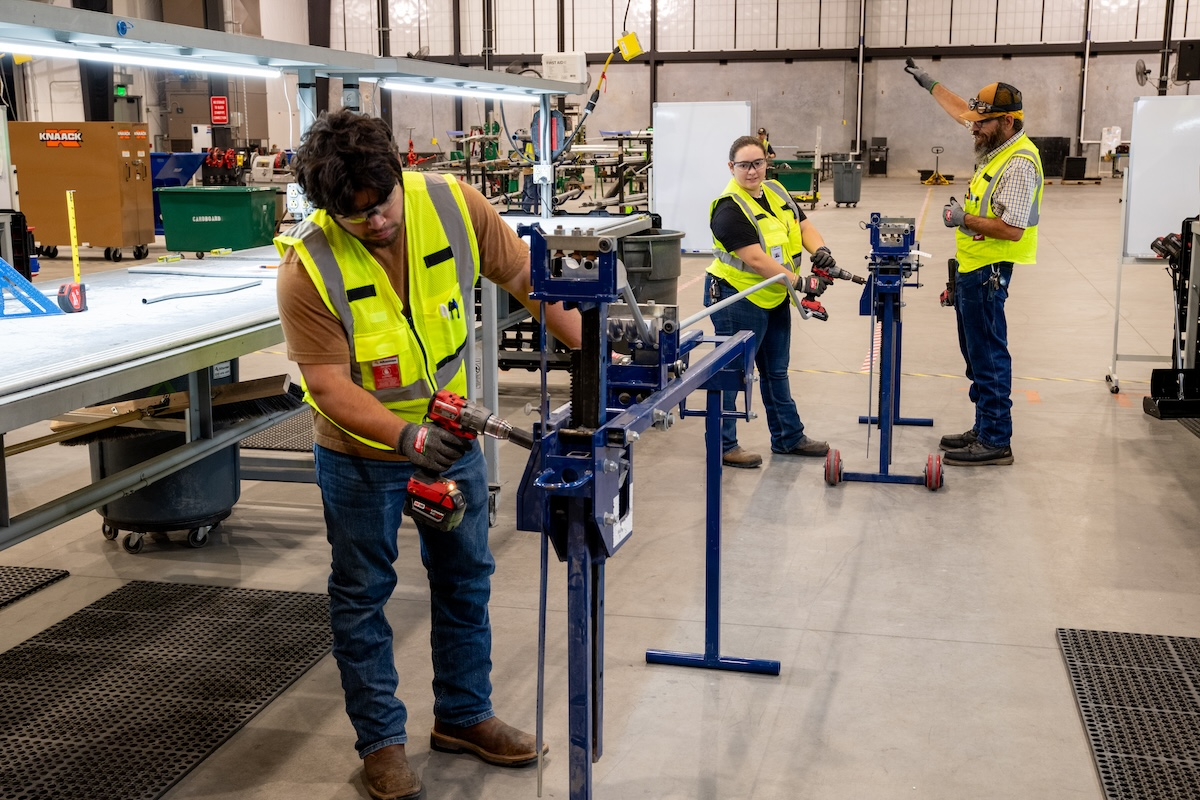There are often two types of termination clauses that can be found in a contract — termination for cause and termination for convenience. However, a clause allowing termination for cause is the most common.
But how do you know when and how you can terminate a contract? Look to the contract. A contract containing a termination for cause generally has three events that must occur before termination is official. First, the party to be terminated has committed some material act prohibited by the contract commonly referred to as an act of default. Second, the defaulting party is given notice of the default and, if the default is not cured, a notice of termination is sent to the defaulting party.
In a termination for convenience, the procedure is different. As the name suggests, the contract can be terminated for the convenience of the terminating party. In other words, there is no requirement of an act of default or even a reason for the termination. The primary justification is typically a “change in circumstances” and must be grounded in good faith. Typically, all that is required is written notice to the terminated party informing them that the contract is being terminated for convenience.
Regardless of whether you have contemporaneous documentation, the following is a good practice. You need to understand the problem. You should talk to your project, review your project documents and correspondence, and assess the status of the impacted work. What is complete or incomplete? Is there any need for repair, replacement, or removal? Collect the project documents that record the current situation. You need to understand the situation. If the situation has been caused by something out of the other party’s control, like interference by a third party or changes in the scope of work, then you might reconsider whether termination is warranted.

| Your local Liebherr Construction Eq dealer |
|---|
| Nueces Power Equipment |
| Nueces Power Equipment |
Also, read the contract to fully understand the options you have for termination. If you determine you can terminate for cause, you should identify the process for termination, verify that you can follow the process, and follow that process.
Read the contract to understand any limitations on termination for convenience. Some termination for convenience clauses will say they can be used at the terminating party’s convenience. But other termination for convenience clauses may limit the use of that clause to specific situations. For example, some clauses will allow the subcontract to be terminated for convenience, but only if the owner has terminated the contractor through no fault of the subcontractor. So, read your termination for convenience clause to fully understand the rights the contract gives you.
When a contract is terminated for cause, the calculation typically begins at the same place, but the terminating party could withhold money to cover costs it incurred because of the default. The contract may also allow withholding all payments from the terminated party until the scope of work is completed by a third party. The contract will likely entitle the terminating party to recover from the terminated party all amounts paid to complete the relevant scope of work above the contract balance. In other words, after not receiving payment for work performed, the terminated party may also be responsible for additional costs.
If your contract has a termination for convenience clause that allows you to terminate, that may be a better alternative than termination for cause.
A party terminated for cause is likely not getting paid everything it thinks it is owed and may be required to pay more than its contract value. That situation commonly leads to litigation or arbitration. A termination for convenience usually means that the terminating party pays what it owed to the terminated party. That is less likely to result in a legal fight.
Ultimately, termination may be unavoidable. But exploring your options is a good idea in almost every situation. Terminating the contract for cause may win the battle in front of you, but it could be the start of an expensive war you do not want to fight. Take care to evaluate your options and the potential consequences and consider all reasonable alternatives.






































































